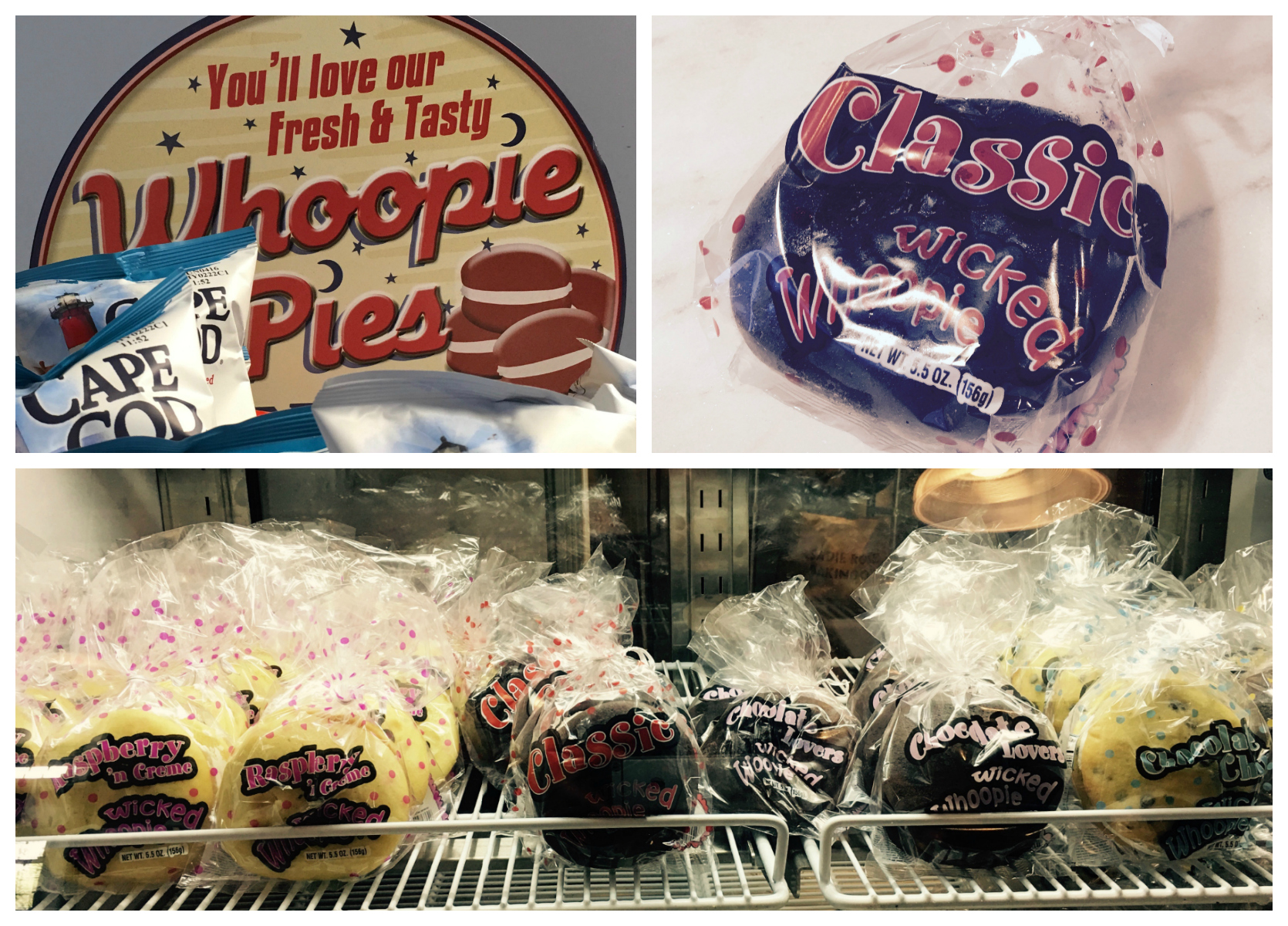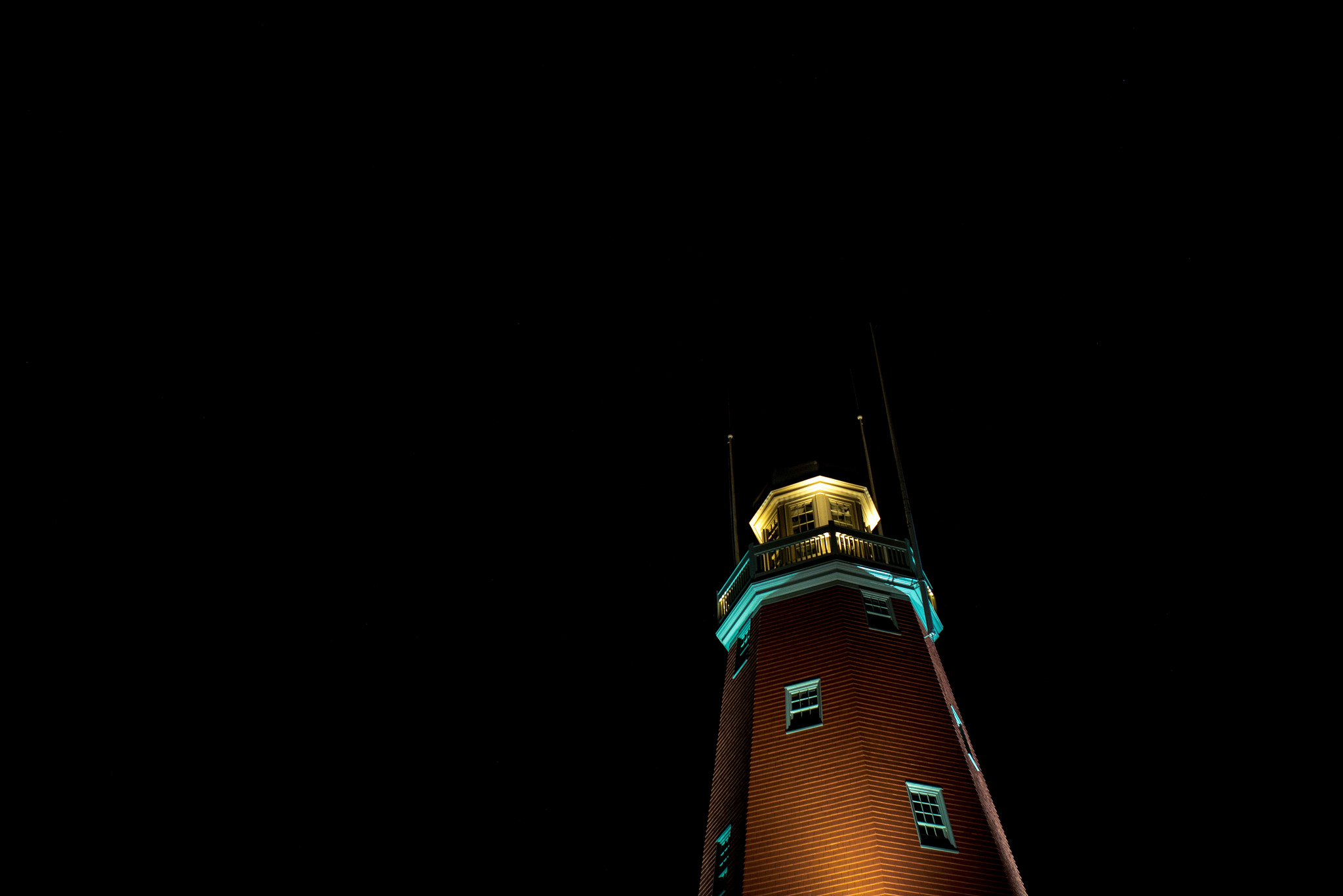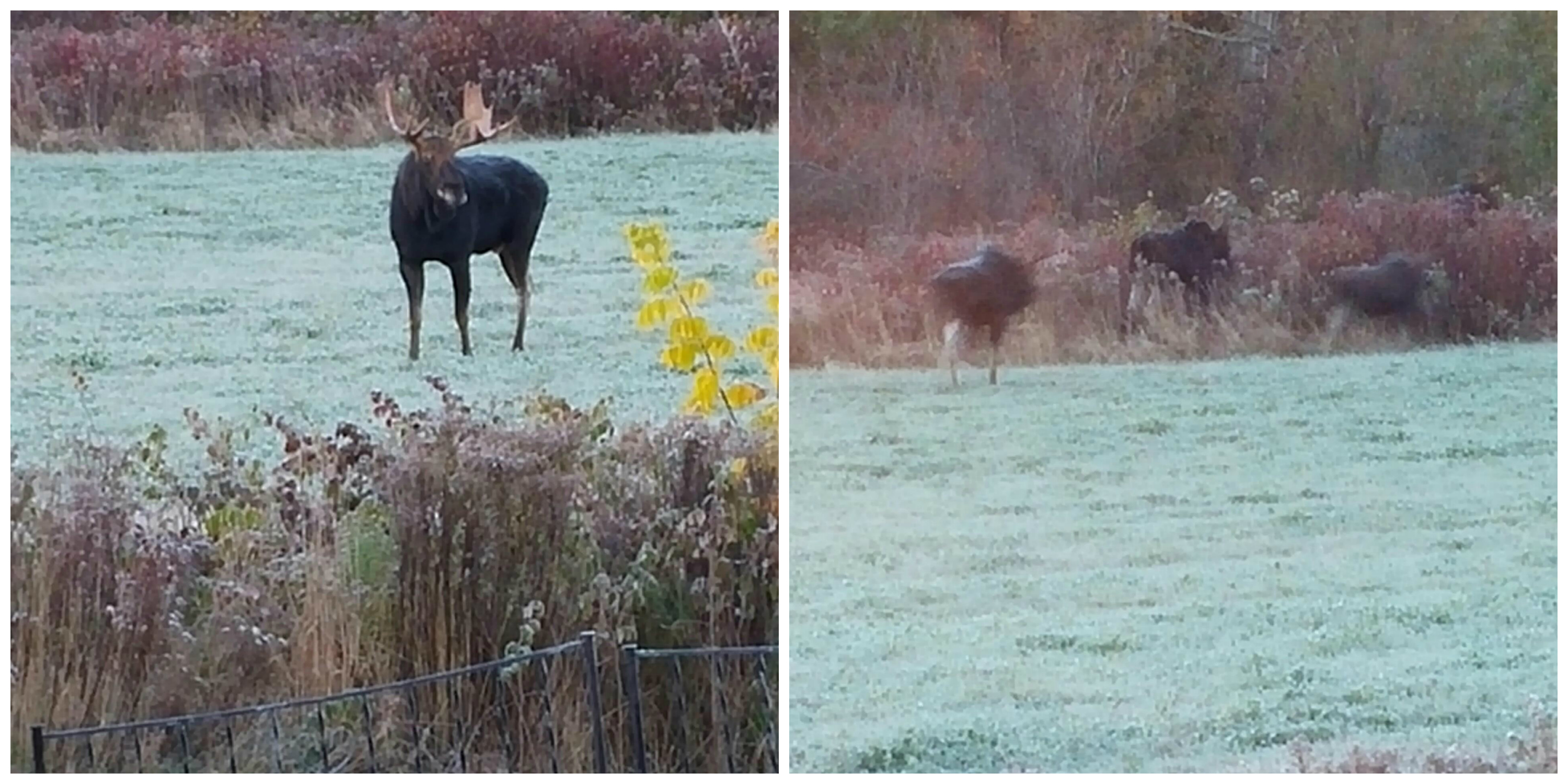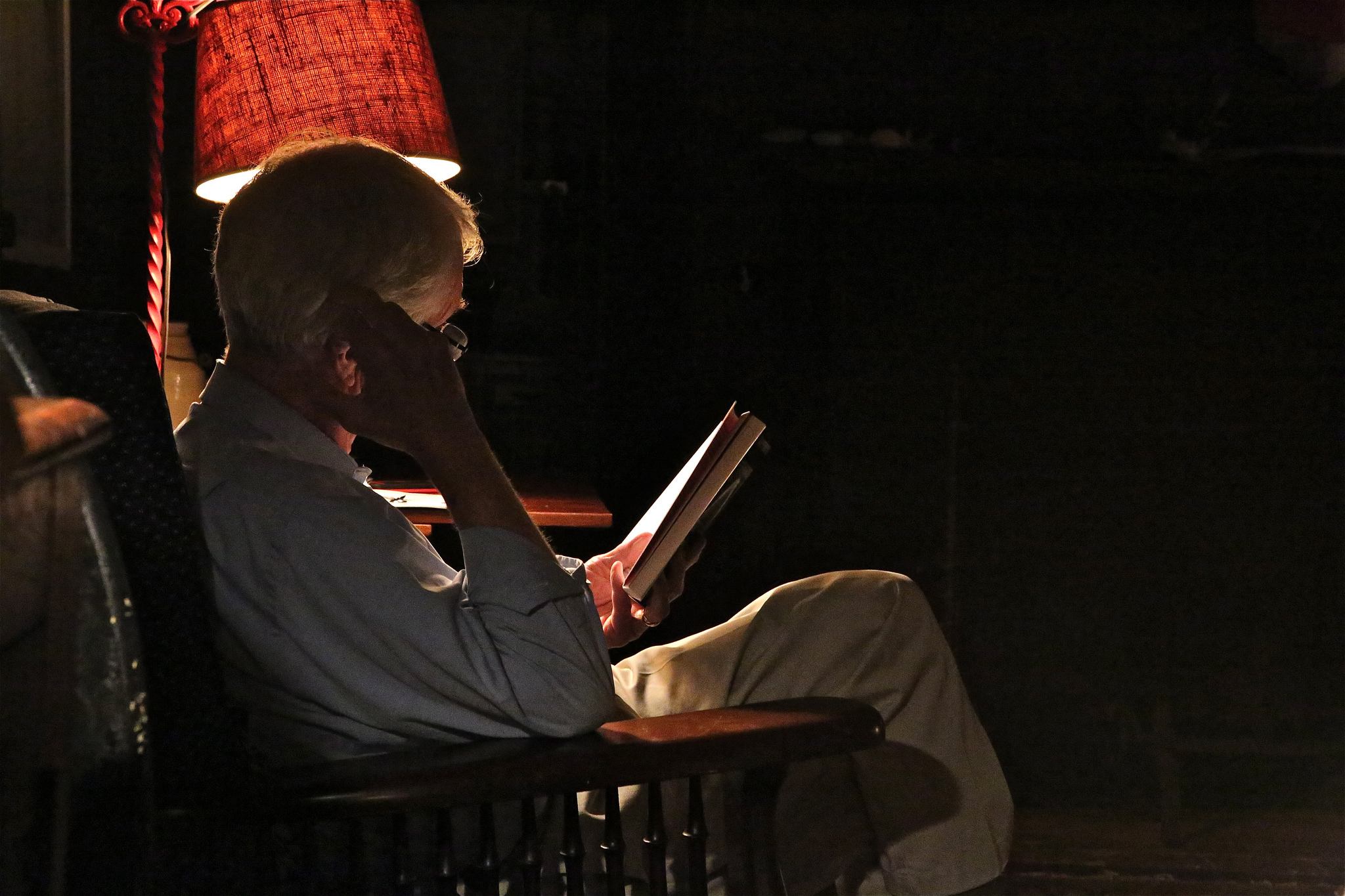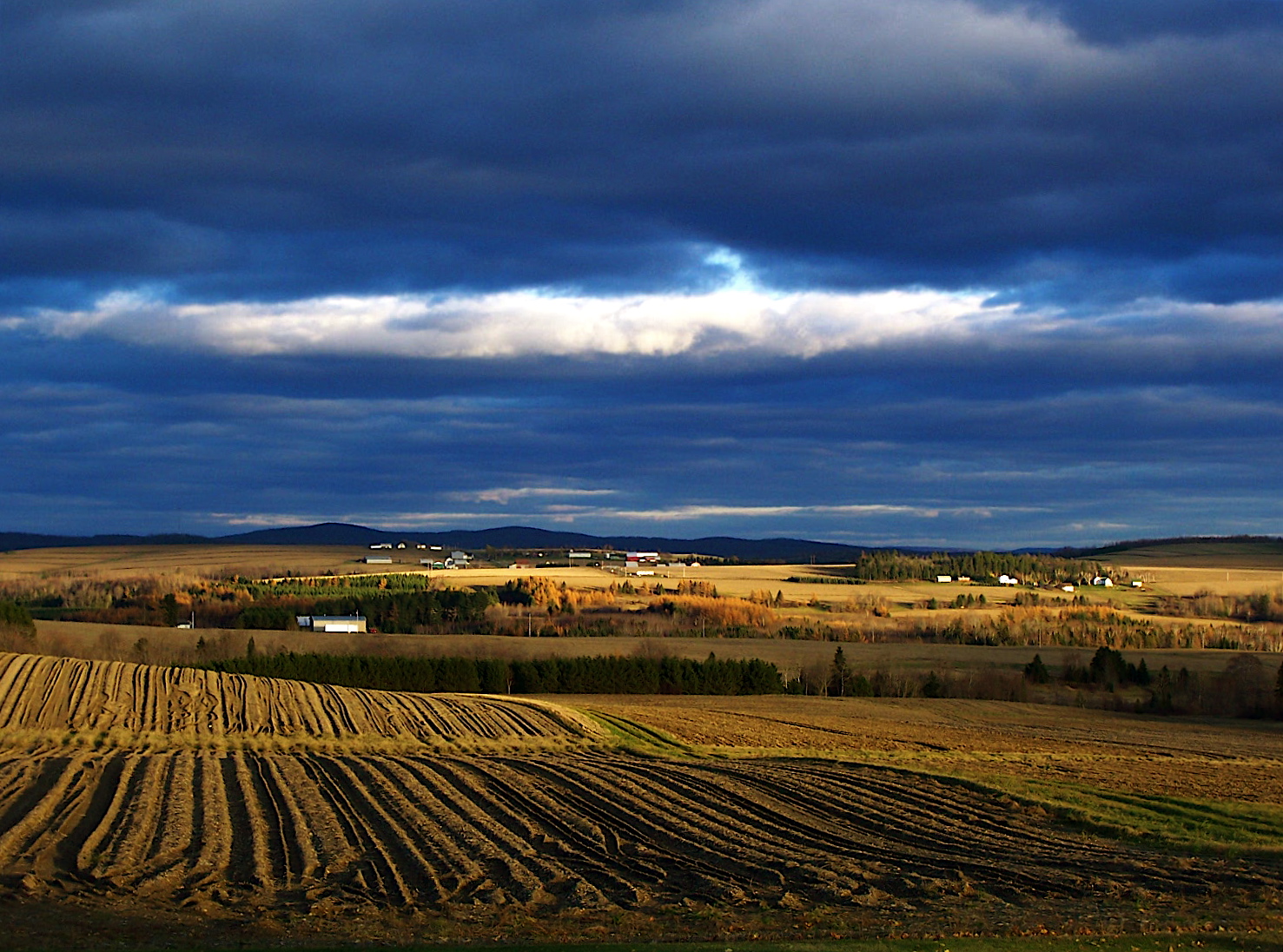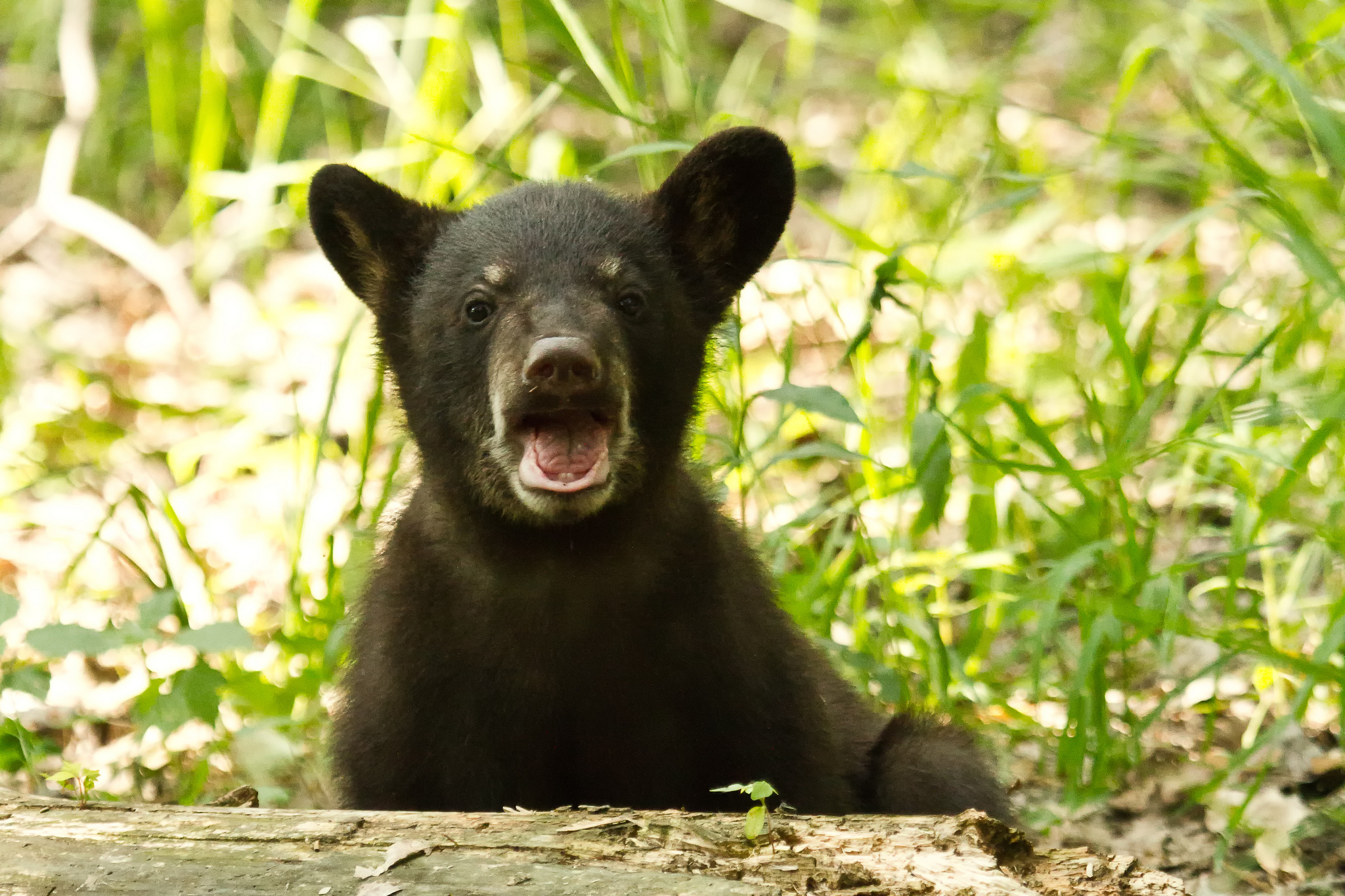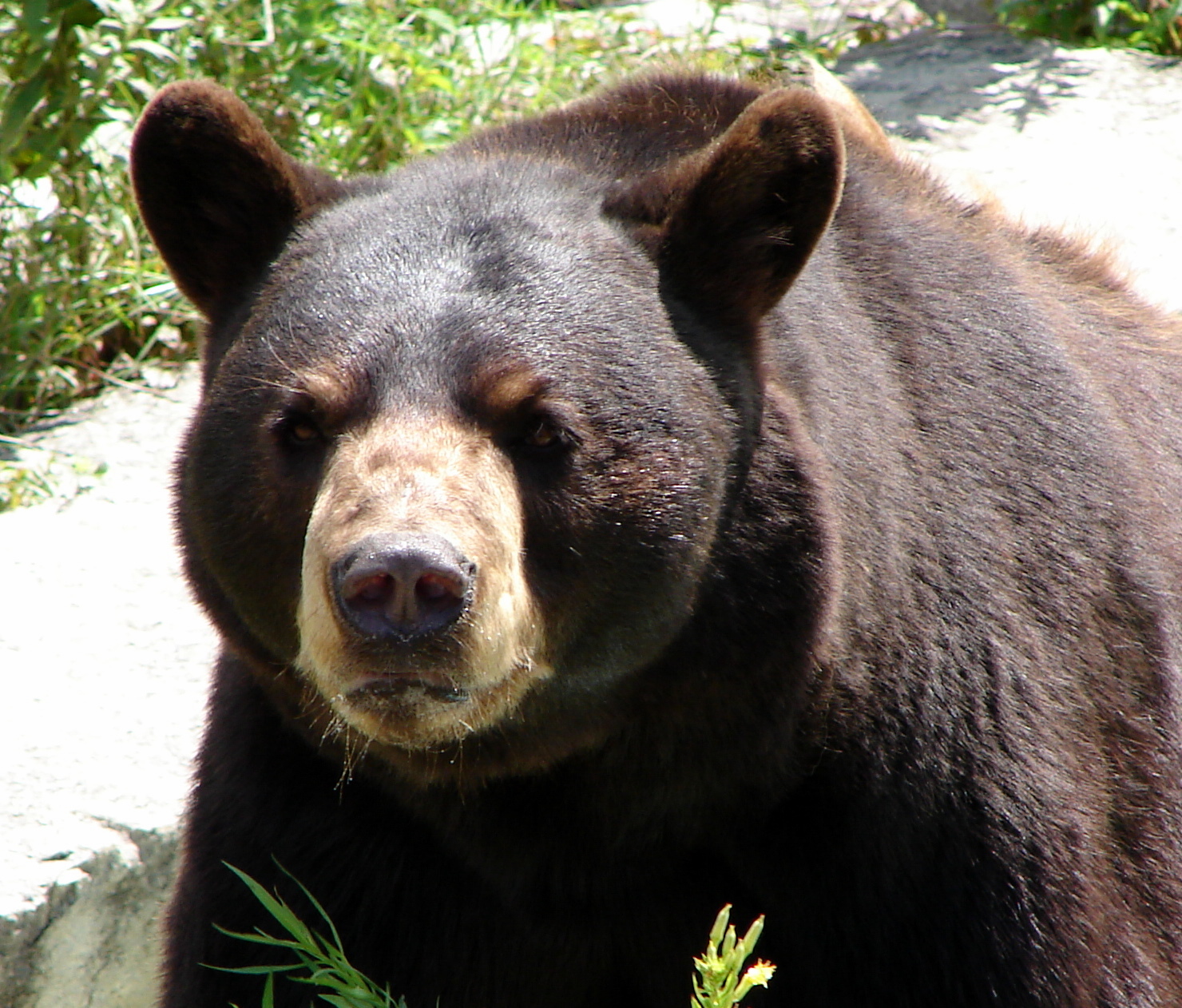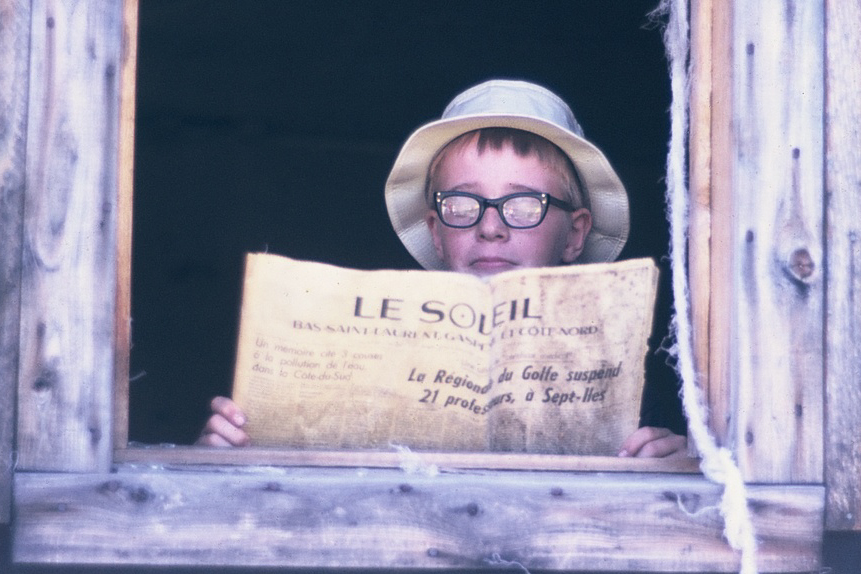My wife and I walk around Liberty Station, in San Diego’s Point Loma neighborhood during some weekends, because the open pavilion with dirt paths around grassy center reminds us of the National Mall, Washington, D.C. The arts, entertainment, and shopping facility feels oddly constructed, for it is. The destination was once the Naval Training Center San Diego, and the architecture and vastness between buildings is homage to the heritage.
The military base closed with many others, as part of vast downsizing two decades ago, during Bill Clinton’s presidency (I wonder if his wife won’t wield the closure hatchet yet again, should she be elected later this year). The complex shuttered in 1997, and like many others underwent redevelopment. Something similar happened to Loring Air Force Base, located about 16 km (10 miles) from my hometown in Northern Maine. Loring’s redevelopment was nowhere nearly as successful as the San Diego training center. Location. Location. Location.
